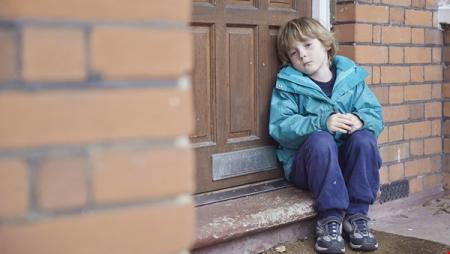
The latest findings of the long-running Bucharest Early Intervention Project (BEIP), involving children in Romanian orphanages, has shown that children reared in very stark institutional settings, with severe social deprivation and neglect, are at risk for cognitive problems, depression, anxiety, disruptive behavior and attention-deficit hyperactivity disorder. But BEIP has also shown that placing children with quality foster families can mitigate some of these effects, if it's done early.
JAMA Psychiatry, asked what happens to the mental health of institutionalized children as they transition to adolescence. Outcomes at ages 8, 12 and 16 suggest diverging trajectories between children who remained in institutions versus those randomly chosen for placement with carefully vetted foster families.
"Our results add to a growing literature on what might happen to a child's long-term psychological development when they experience separation from a primary caregiver early in development," says Wade. "Although this picture is very complex, we now know that many children who experience early neglect are at risk for an array of mental health problems later on. The good news is that if they are placed in high-quality homes with good caregiving, this risk is reduced. Yet they still tend to have more difficulties than their peers who never experienced this form of deprivation. So what we really need is policies and social programs prevent separation from primary caregivers in the first place."
